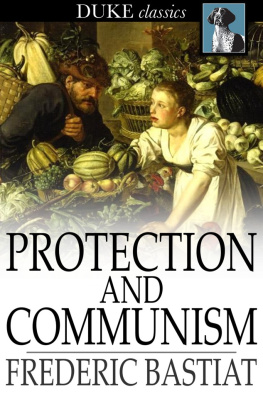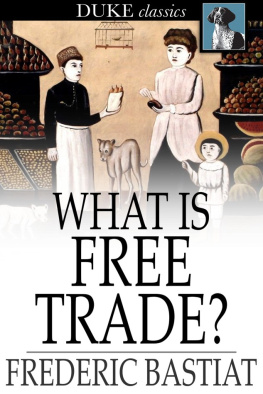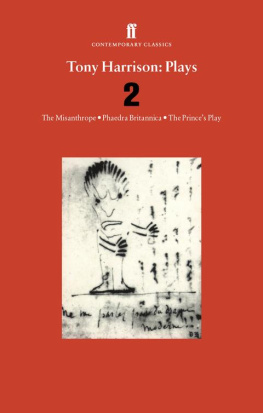FAMILYBIRTHEDUCATIONEARLY LIFE 1533-1556
WHEN WE STUDY THE foundation of the United Provinces, says a great French writer, we learn how a State, from an origin almost unnoticed, rapidly rose into greatness, was formed without design, and in the end belied all human forecast. Those large and wealthy provinces of the mainland which began the revolution Brabant, Flanders, and Hainaultfailed to achieve their freedom. In the meantime, a small corner of Europe, which had been won from the sea by infinite labour, and had maintained itself by its herring-fishery, rose suddenly to be a formidable power, held its own against Philip II., despoiled his successors of almost all their possessions in the East Indies, and ended by taking under its protection the monarchy of Spain (Voltaire, Essai sur les Murs, cap. 164).
The man who inspired, founded, and made possible this marvellous development was William, Count of Nassau, titular Prince of Orange, surnamed the Silent.
The eloquent epigram of Voltaire records the result of his achievement. His career, like his nature and his circumstances, was made up of anomalies and filled with complex elements. The man who organised the national rebellion of Holland, by birth a German count, became by inheritance a Flemish magnate and a sovereign prince. A Lutheran by family, he was brought up a Catholic, and died a Calvinist. His early years were passed as a soldier and minister of the Empire, as ambassador and lieutenant of the King of Spain, and as a grandee of boundless magnificence. Himself the mainspring of a national and religious insurrection, his best energies were spent in moderating the political and religious passions which were at once the cause and the result of the struggle. Personally a devout man, he professed in succession all the three great forms of Christian belief, whilst steadily opposing all that was extreme and all that was violent in each. His memory is still passionately cherished in his adopted fatherland: first as the founder of an illustrious Commonwealth, then as the father of a long line of able statesmen and ruling princes, and finally as a martyr to the cause of national independence and liberty of conscience.
William, the eldest son of William, Count of Nassau, and of Juliana of Stolberg, was born in the hereditary castle of Dillenburg, in Nassau, on the 25th of April 1533, the eldest of five sons and seven daughters. By birth he was, through many generations, of pure German race, the heir of one of the smaller ruling houses of the Empire, a House which had produced many chiefs illustrious in war and in council, and which by a series of splendid alliances had amassed titles, offices, and vast possessions in Germany, in the Netherlands, and in France. By a singular fortune the boy William, then aged eleven, was named by the will of his cousin Ren, dying on the field young and childless, as heir to the immense fiefs of the Nassau race in the Netherlands, together with the puny State of Orange on the Rhone, and the barren title of sovereign Prince of Orange. From his twelfth year William of Nassau bore the style of the petty princedom which he never visited, and he transmitted the titular sovereignty to his descendants down to our own times. At the age of twenty-six, William became, by the death of his father, head of the House of Nassau-Dillenburg, the possession and revenues of which he transferred to his brother John. Thus, whilst his birth was as noble as any in Europe, fortune concentrated on him a singular array of honours and of estates. By his four marriages with princely and royal houses, Flemish, German, or French, he left a family of twelve children, whose descendants filled an even larger part in the annals of Europe than did the ancestors of William himself. The singular complications of this family history must be reserved for a separate appendix (see Appendix A); but it may be well to note the prominent figures of his House who preceded William as men famous in policy and war.
The courtly historian of the House of Nassau does not pretend to find in the local legends anything trustworthy before the eleventh century; but we need not trouble ourselves about the fierce and ambitious chieftains who held the beautiful, wooded hill country along the Lahn, on the eastern side of the Rhine, one of whom was the Emperor Adolphus in the thirteenth century. Otto I., about the close of that century, is taken as the stem of the House of Nassau-Dillenburg; and William himself in his famous Apology opens the history of his House with Otto II., 1311. It is known to all men, he replies proudly to Philip, that I am no foreigner in the Netherlands. Count Otto, from whom I descend in the seventh degree, married the heiress of Vianden; his grandson, Engelbert I., married the heiress of Leck and Breda; and my ancestors have for centuries held baronies and lordships in Brabant, Flanders, Holland, and Luxemburg.
Engelbert I. (1404), marrying Joanna, only child of the Lord of Polanen and Leck, brought into the House estates in Brabant; and made Breda the home of this branch of the family. He became a leading noble in the court of Burgundy. His grandson, Engelbert II., in the second half of the fifteenth century, played a still larger part, both as soldier and diplomatist, in the service of the Dukes of Burgundy and the Empire. He decided the victory of Guinegates, 1479, and was Governor of Flanders. By a family arrangement, maintained for centuries, one branch of the House held the estates in the Netherlands, and the other branch held those in the Empire, with cross successions on failure of sons,when a fresh settlement was made.
On the death of Engelbert II., without sons, and of his brother John, who had married a daughter of the Landgrave of Hesse, the vast Netherlands possessions of the Nassaus passed (in 1516) to Johns elder son Henry; whilst the Nassau estates in Germany passed to a younger son, William. This William, by Juliana of Stolberg, was the father of William the Silent.
Henry, nephew, adopted son and heir of Engelbert II., surpassed both his uncle and his great grandfather in magnificence and power. It was he, says the Apology, who placed the Imperial crown on the head of Charles V."a service that the Emperor never forgot, which he rewarded by loading Henry with offices, honours, and great charges of State. And, by the favour of Francis I. of France, Henry obtained the hand of Claudia, sister of Philibert, Prince of Orange-Chlons. Philibert, dying without children, left his principality to Ren, the son of Claudia and Henry. Thus for the first time, in 1530, a Count of Nassau became Prince of Orange, a petty sovereignty now included in the French department of Vaucluse.
Orange, a territory of less than 40,000 acres, measuring eight leagues by four, with a population of 12,000, engulfed in the papal dominion of Avignon, had given the title to a nominal county or princedom, as is pretended, from the time of Charles the Great; but, in fact, it was in later years alternately occupied by the Emperor or a King of France. In the meantime the titular Prince of Orange, who only enjoyed his dominions at brief intervals, claimed to be a free sovereign, not a feudatory either of the Empire or the French kingdom. The barren honour was in later times contested in the Nassau family for centuries, and the puny state was finally ceded to Louis XIV. in 1713the title of Prince continuing to be held by descendants of the Nassaus.










